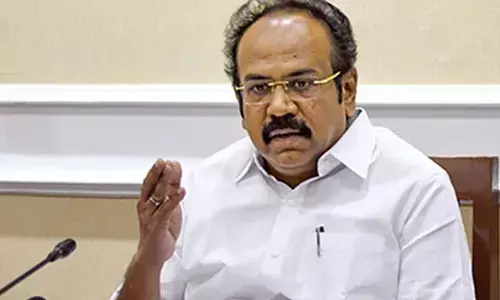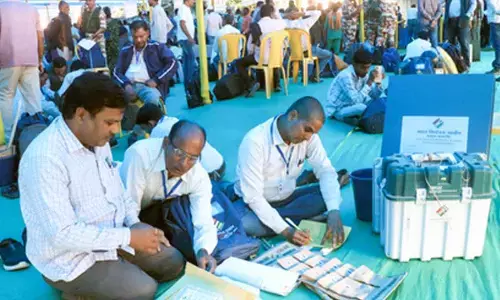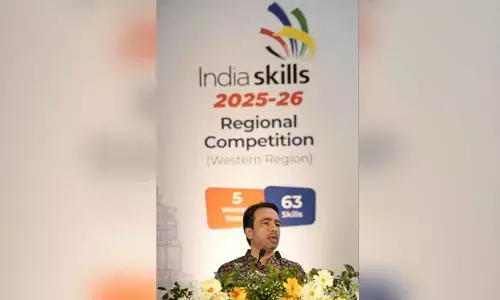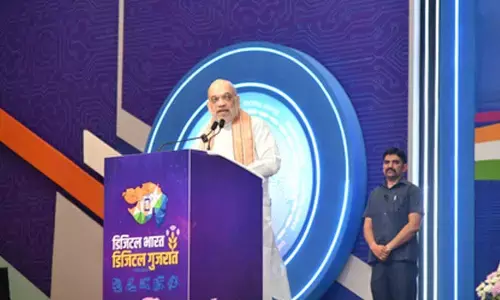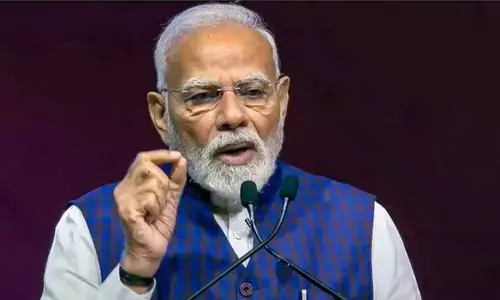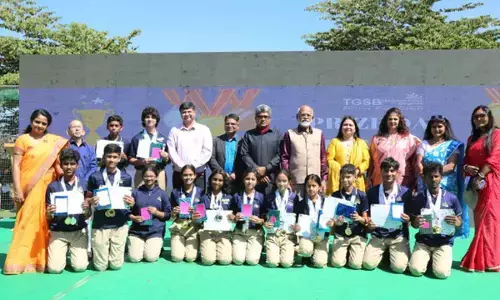SC rejects review pleas, reiterates 'Quota within Quota' permissible
Share :
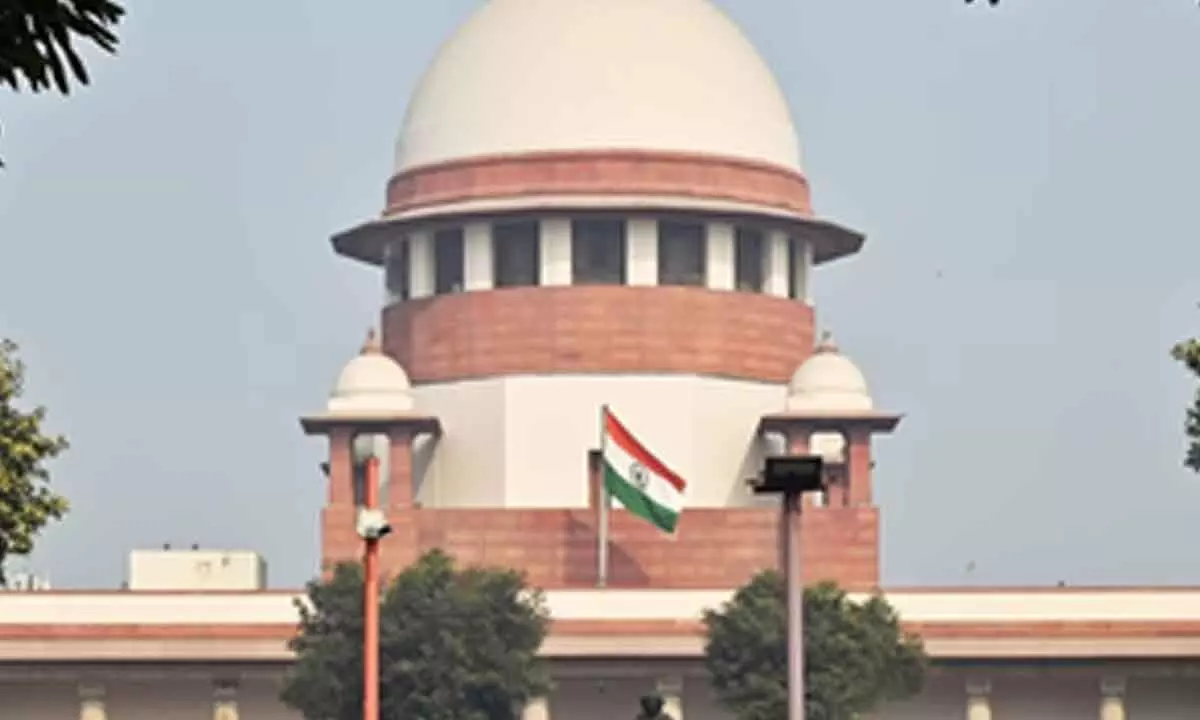
The Supreme Court has rejected a batch of pleas seeking review of its Constitution Bench judgment, which had held that sub-classification within Scheduled Castes (SCs) and Scheduled Tribes (STs) would be permissible for providing benefits of affirmative action.
New Delhi : The Supreme Court has rejected a batch of pleas seeking review of its Constitution Bench judgment, which had held that sub-classification within Scheduled Castes (SCs) and Scheduled Tribes (STs) would be permissible for providing benefits of affirmative action.
After perusing the review petitions, a 7-judge Constitution Bench headed by CJI D.Y. Chandrachud said that “there is no error apparent on the face of the record. No case for review under Order XLVII Rule 1 of the Supreme Court Rules 2013 has been established. The review petitions are, therefore, dismissed.”
In a landmark verdict delivered on August 1, the majority suggested the application of the "creamy layer" principle to the SCs and STs for availing quota benefits, but with a caveat that while providing for sub-classification, the government would not be entitled to reserve 100 per cent seats available for SCs/STs in favour of a particular sub-class to the exclusion of other castes in the List.
In a 6:1 decision, it overturned its 2004 judgment, which had ruled against giving preferential treatment to certain sub-castes within scheduled castes (SCs).
In his detailed opinion, Justice B.R. Gavai said, "When the 9-Judge Bench in Indra Sawhney held that applicability of such a test (creamy layer test) insofar as Other Backward Classes are concerned would advance equality as enshrined in the Constitution, then why such a test should not also be made applicable to the Scheduled Castes and Scheduled Tribes."
"Can a child of IAS/IPS or Civil Service officers be equated with a child of a disadvantaged member belonging to Scheduled Castes, studying in a Gram Panchayat/Zilla Parishad school in a village?" Justice Gavai asked.
Justice Gavai's opinion, supported by Justices Vikram Nath, Pankaj Mithal, and Satish Chandra Sharma, stressed that the government must evolve a policy for identifying the creamy layer even from the SCs and STs so as to exclude them from the benefit of affirmative action.
In 2004, a 5-judge Constitution Bench in E.V. Chinnaiah vs State of Andhra Pradesh case, which now stands overruled, had held that the members of the reserved category groups form a homogeneous class incapable of further regrouping or classification.
Days after the SC ruling in August this year, the Union Cabinet chaired by Prime Minister Narendra Modi held a detailed discussion on the top court’s judgment and said that no provision of the Constitution provided for "creamy layer" within SCs and STs quota.
The Union Information and Broadcasting Minister Ashwini Vaishnaw said that the NDA government was committed towards the provisions of the Constitution and “according to the Constitution given by B.R. Ambedkar, there is no provision for a creamy layer in the SC-ST reservation".

